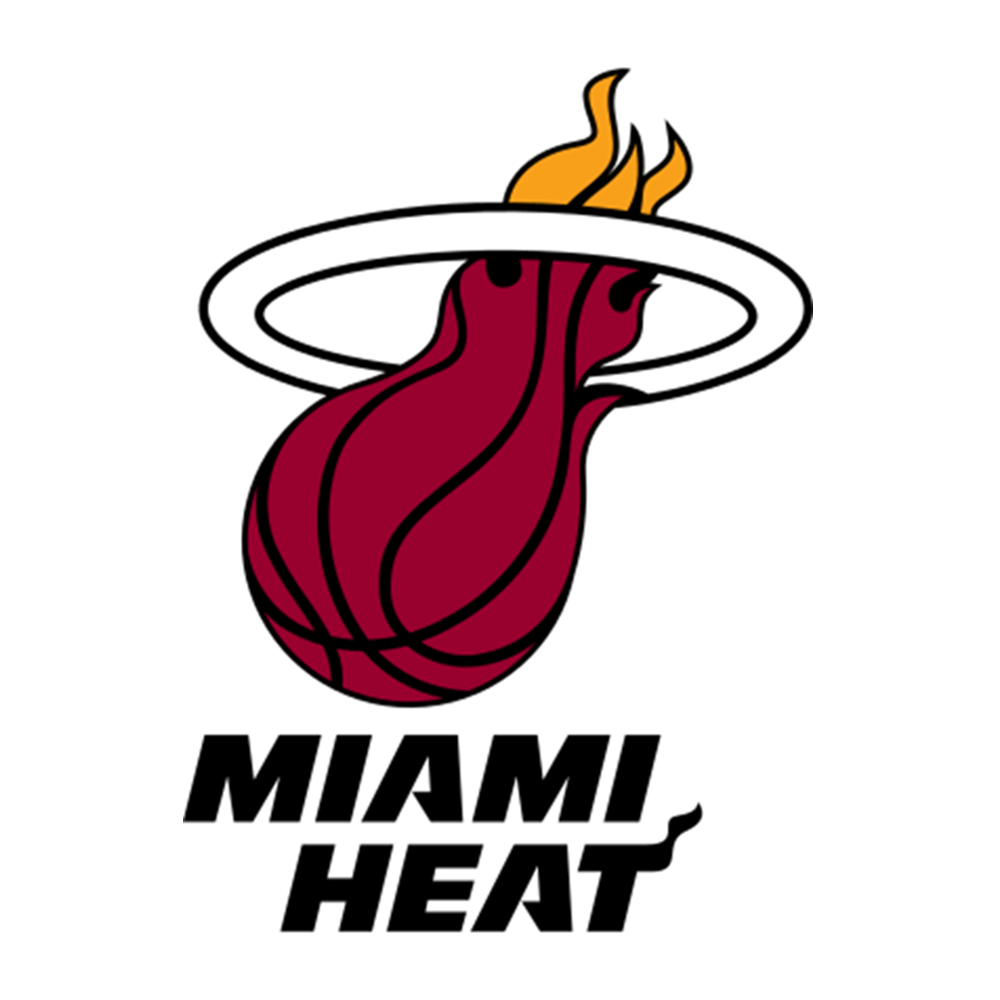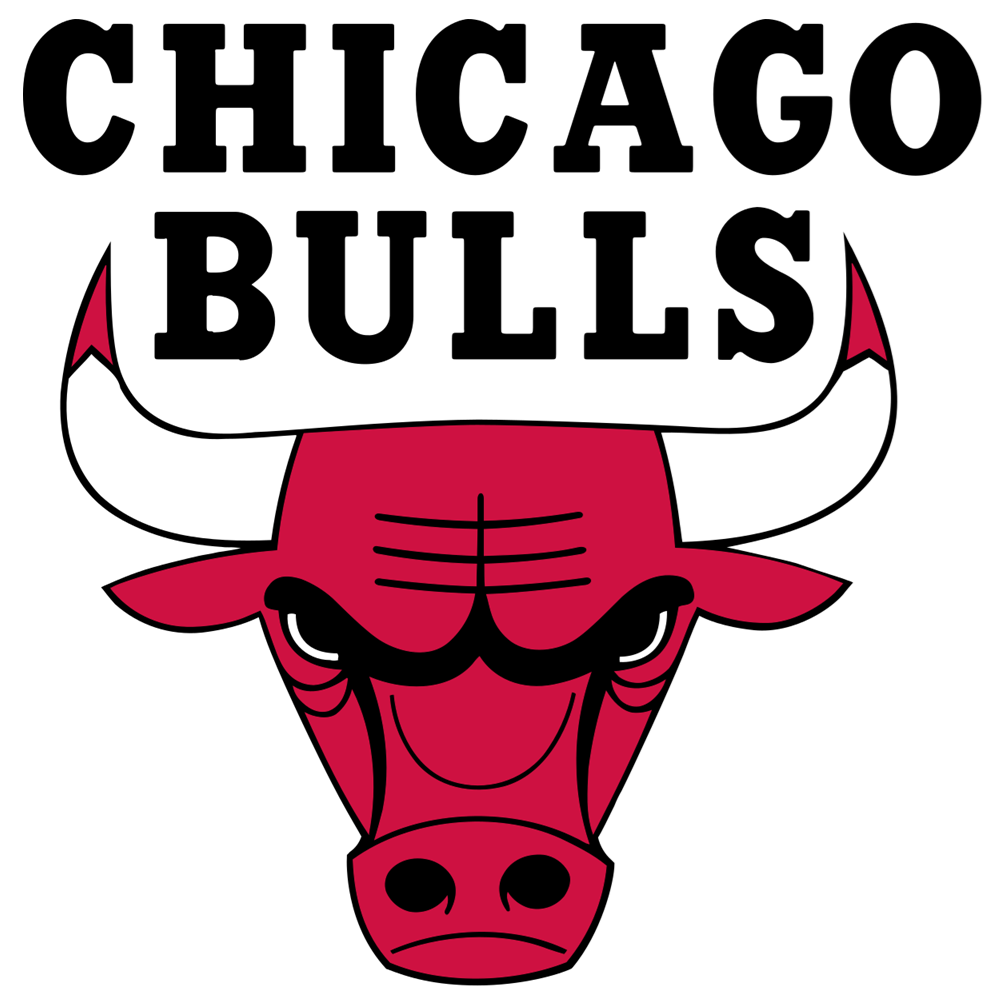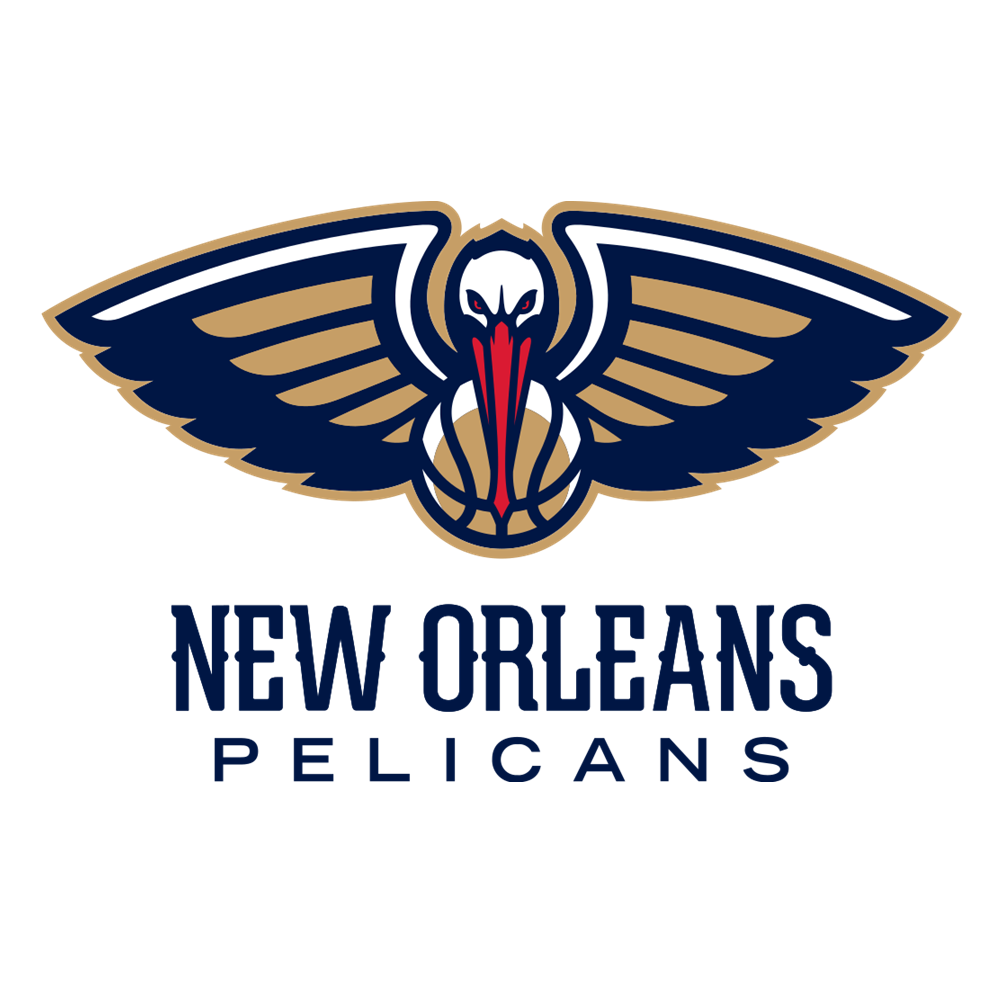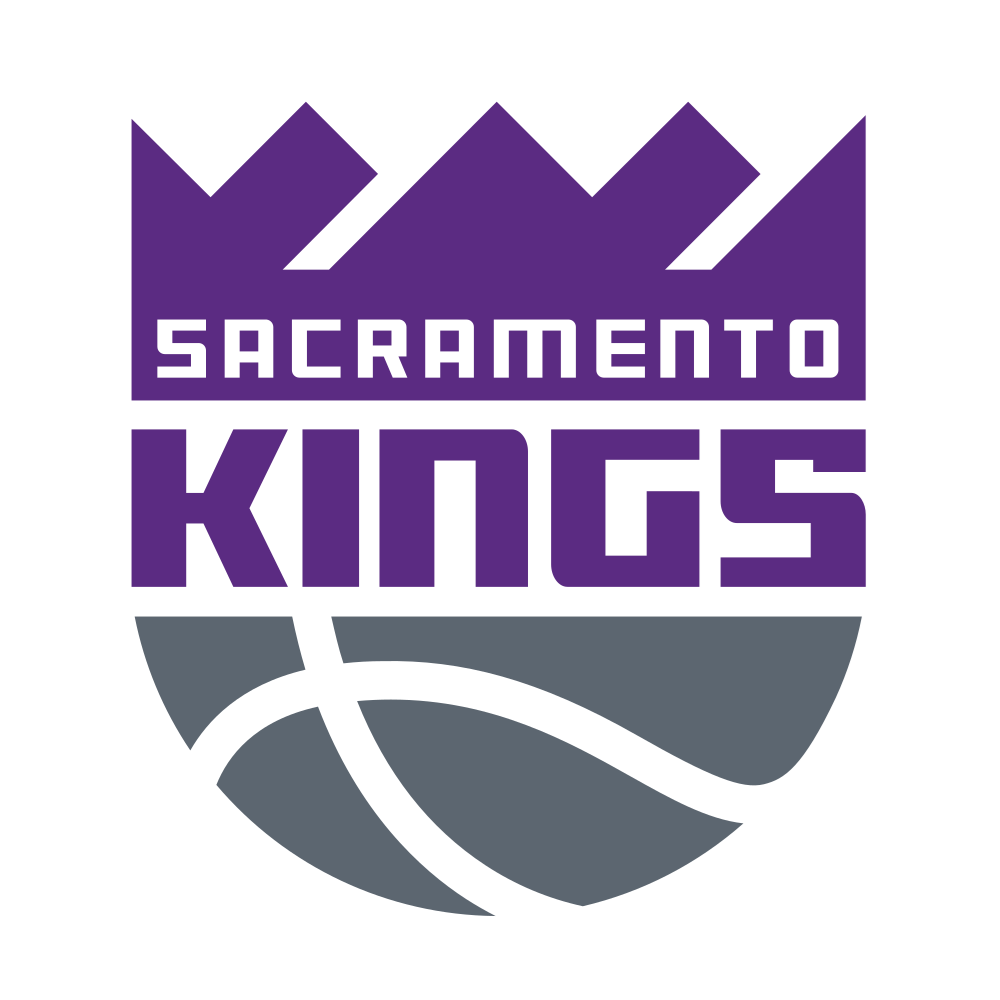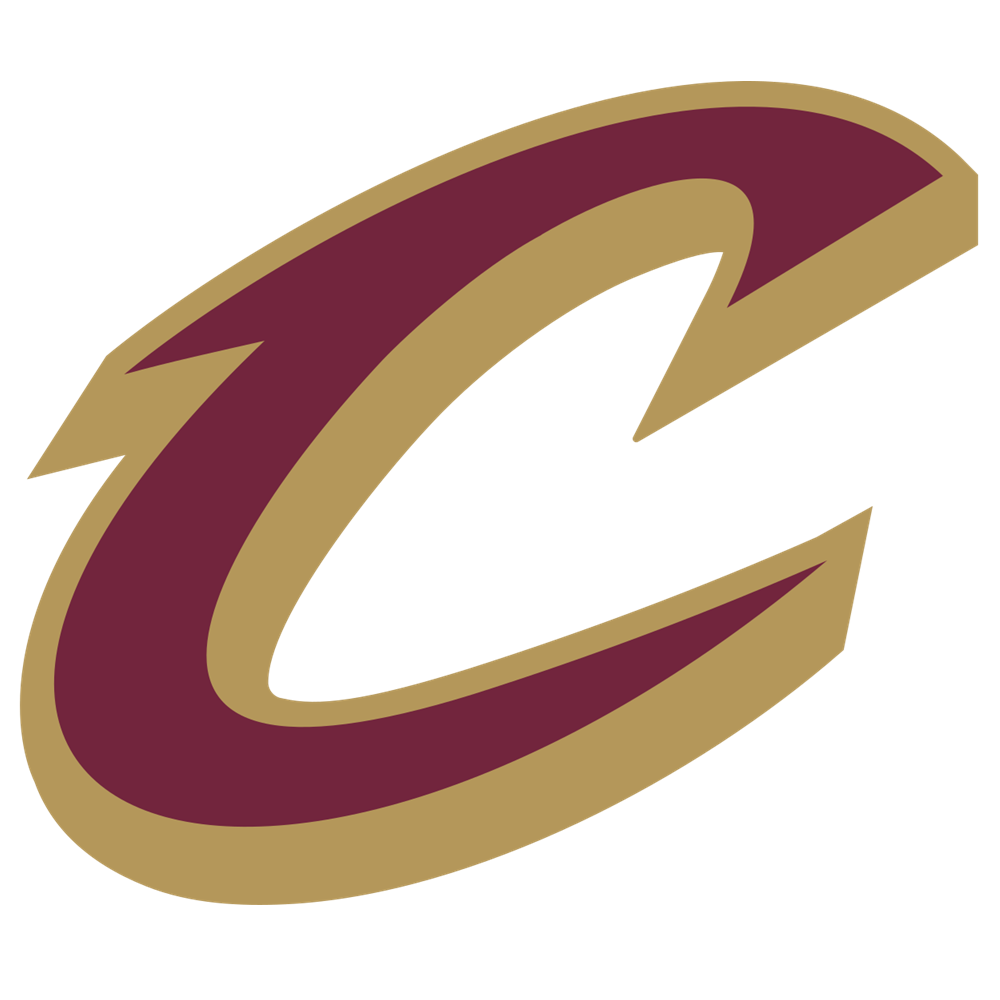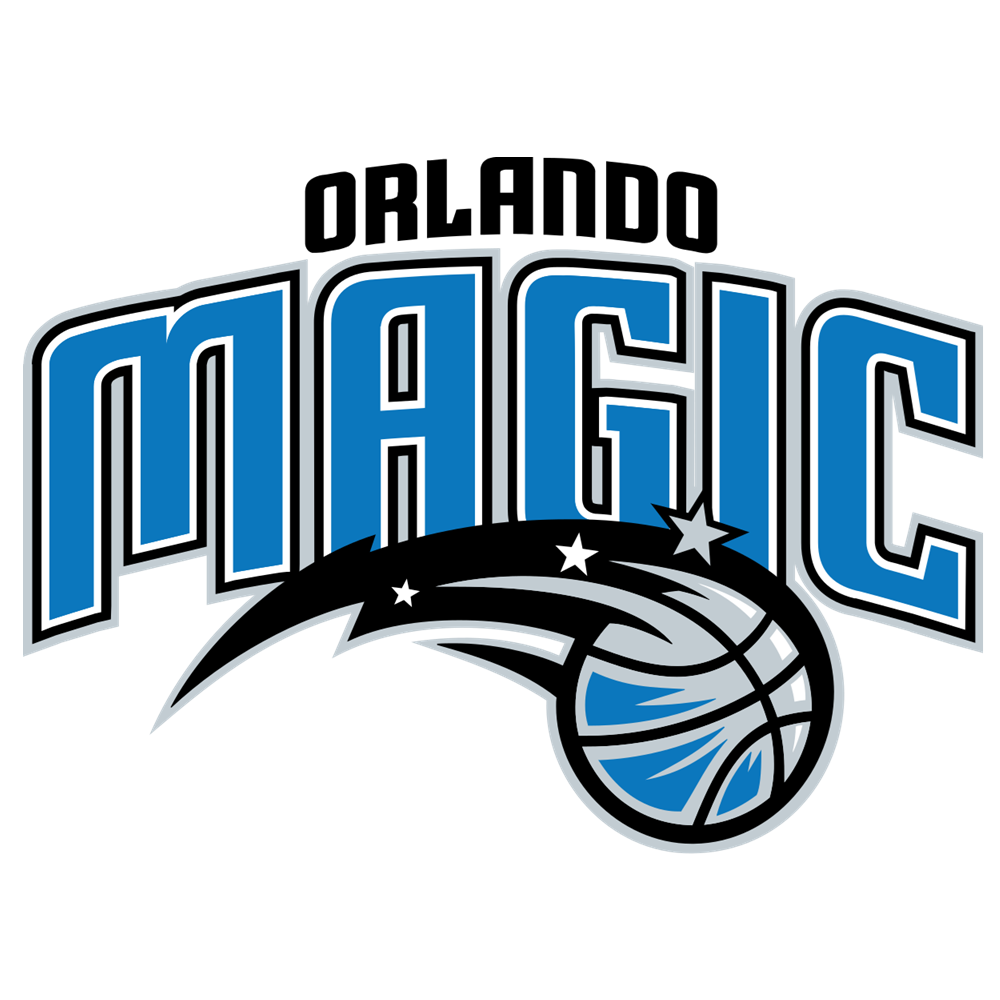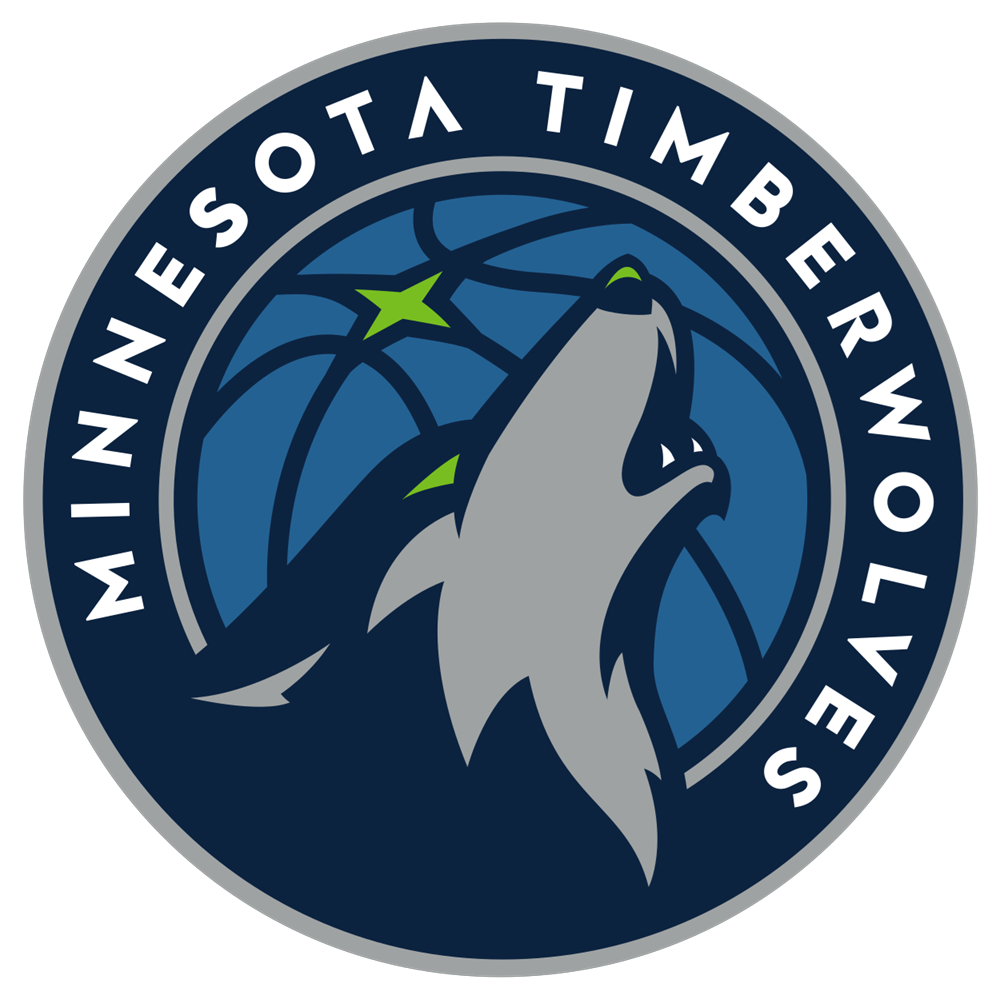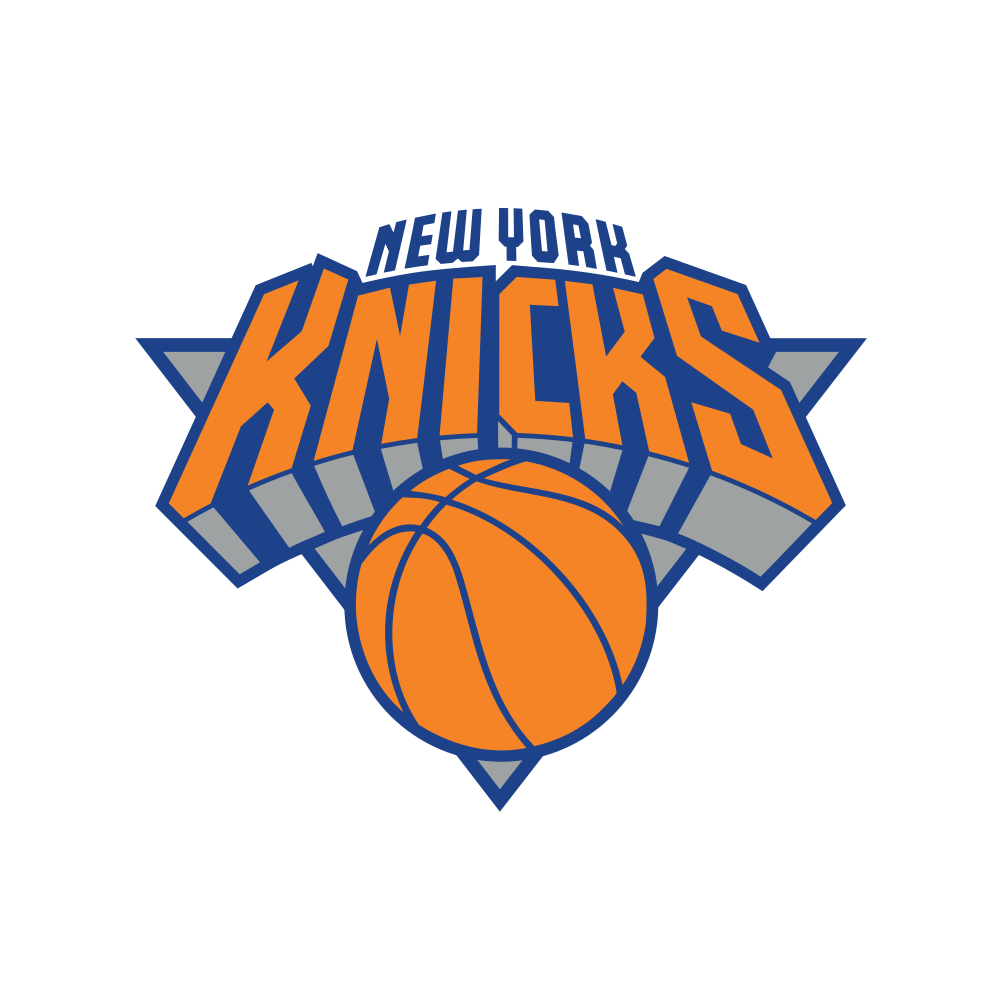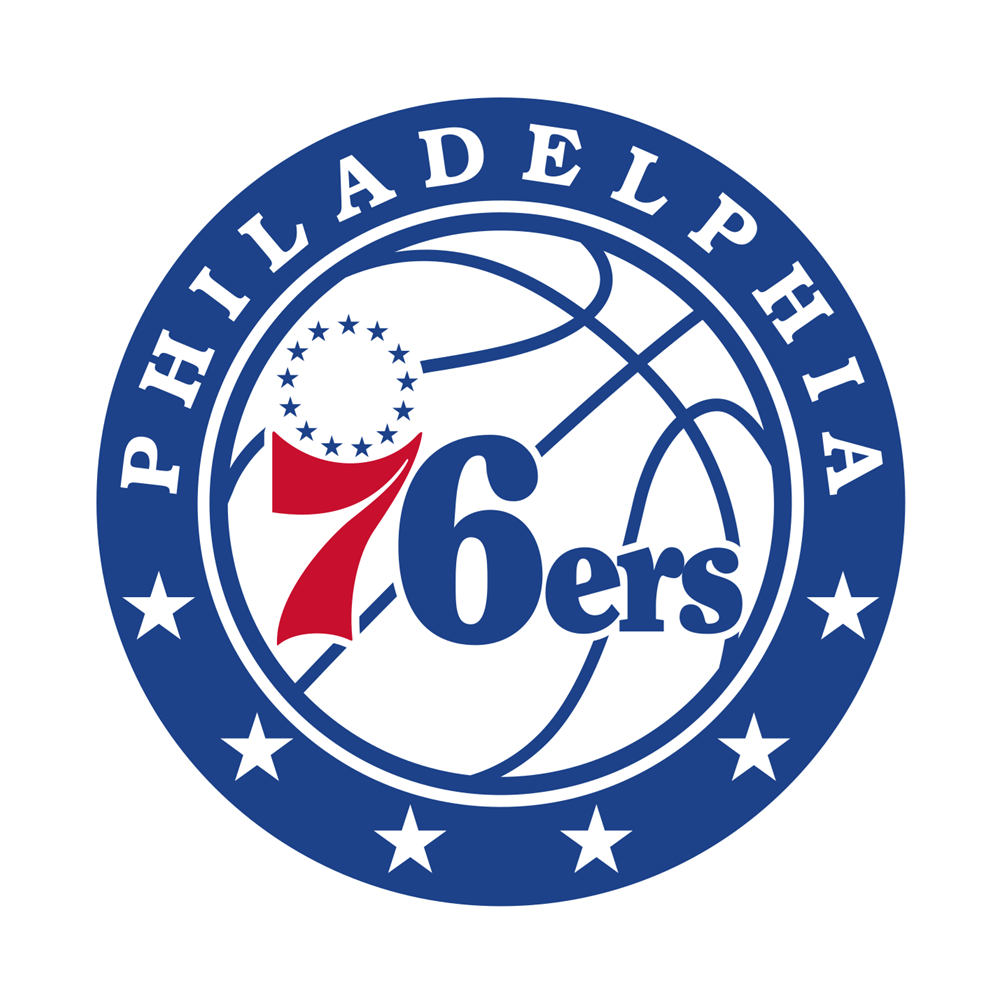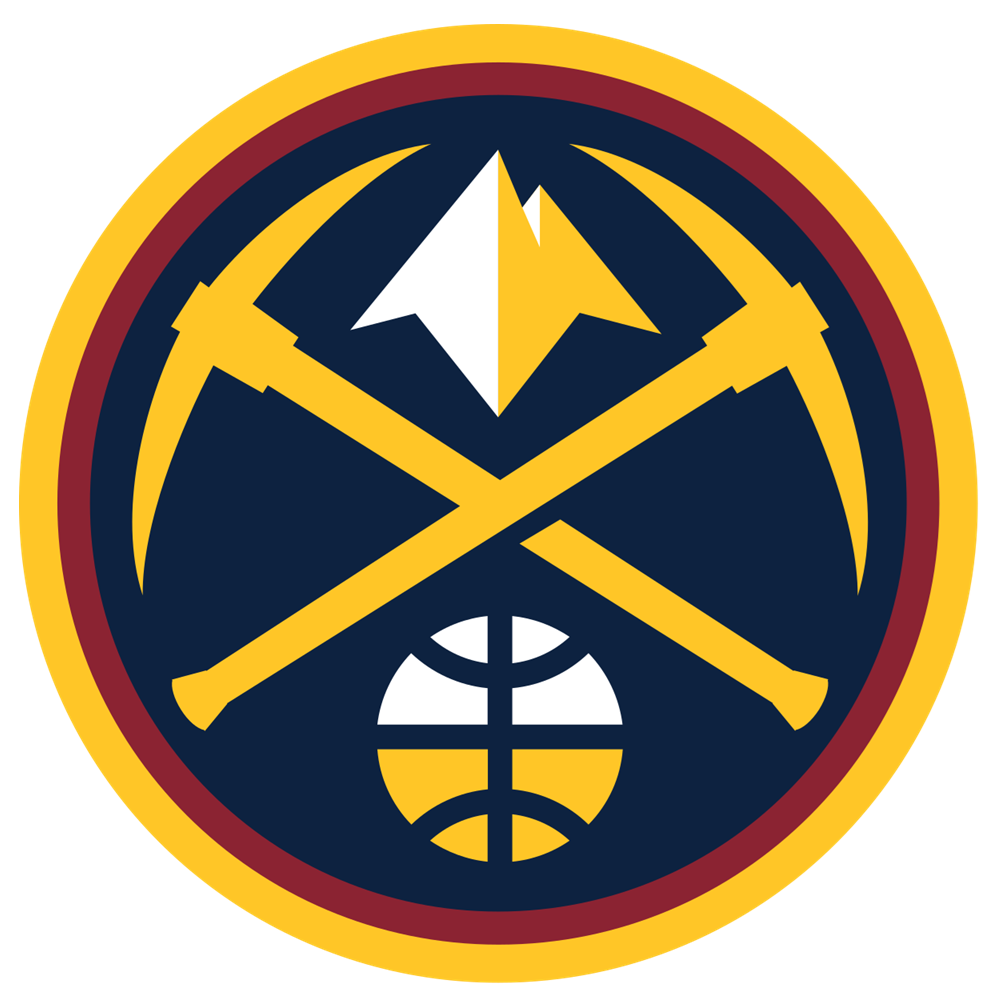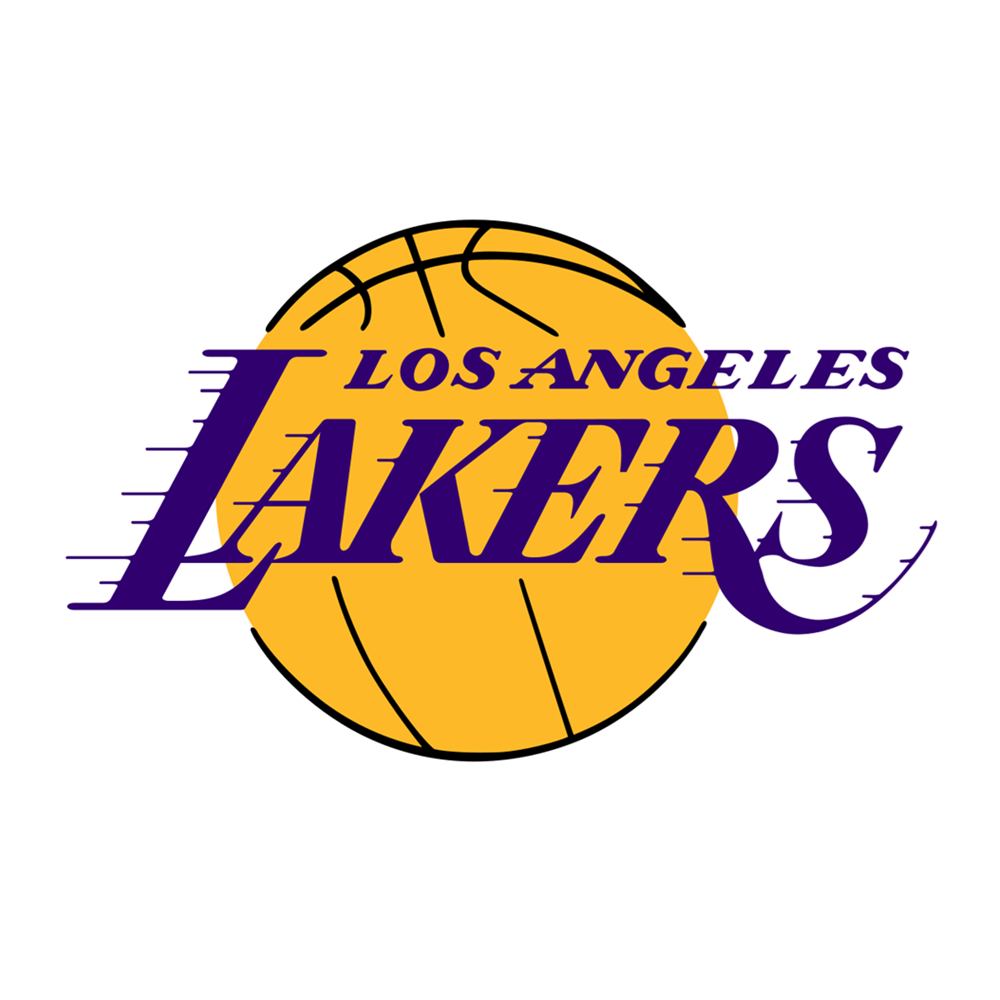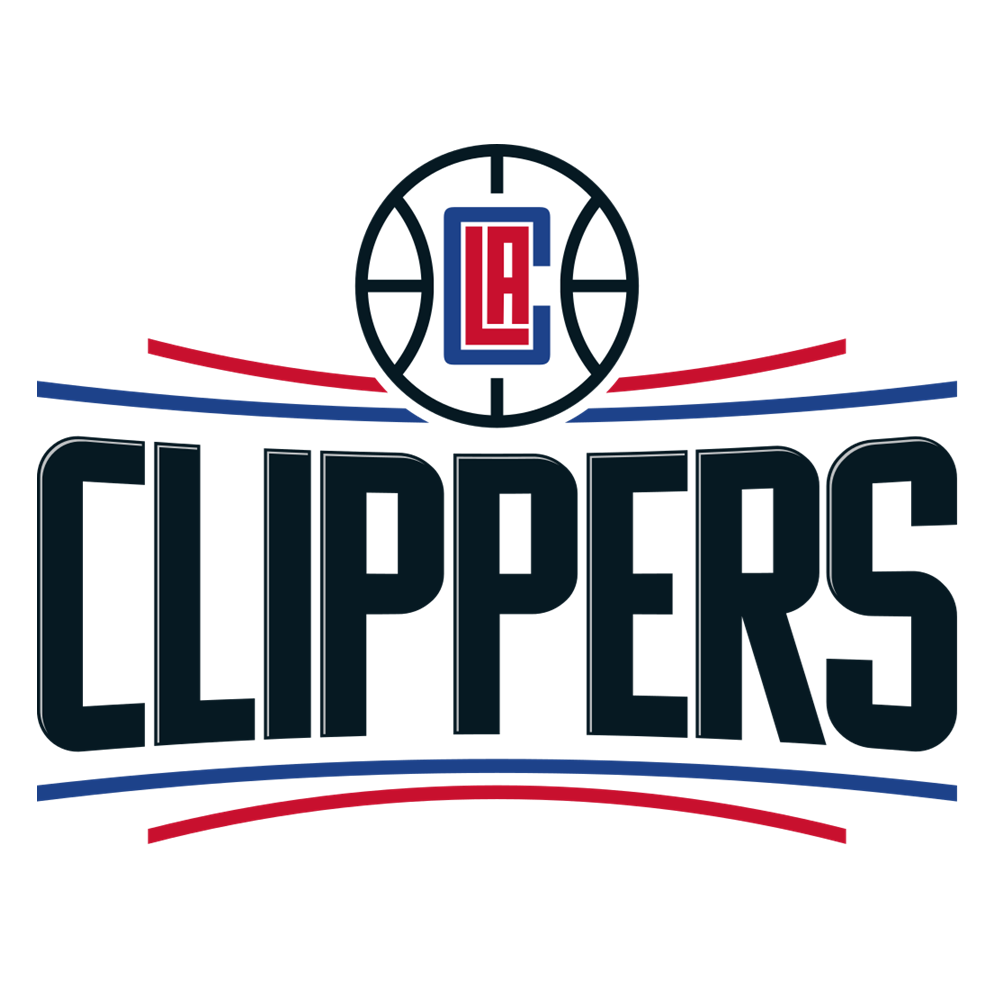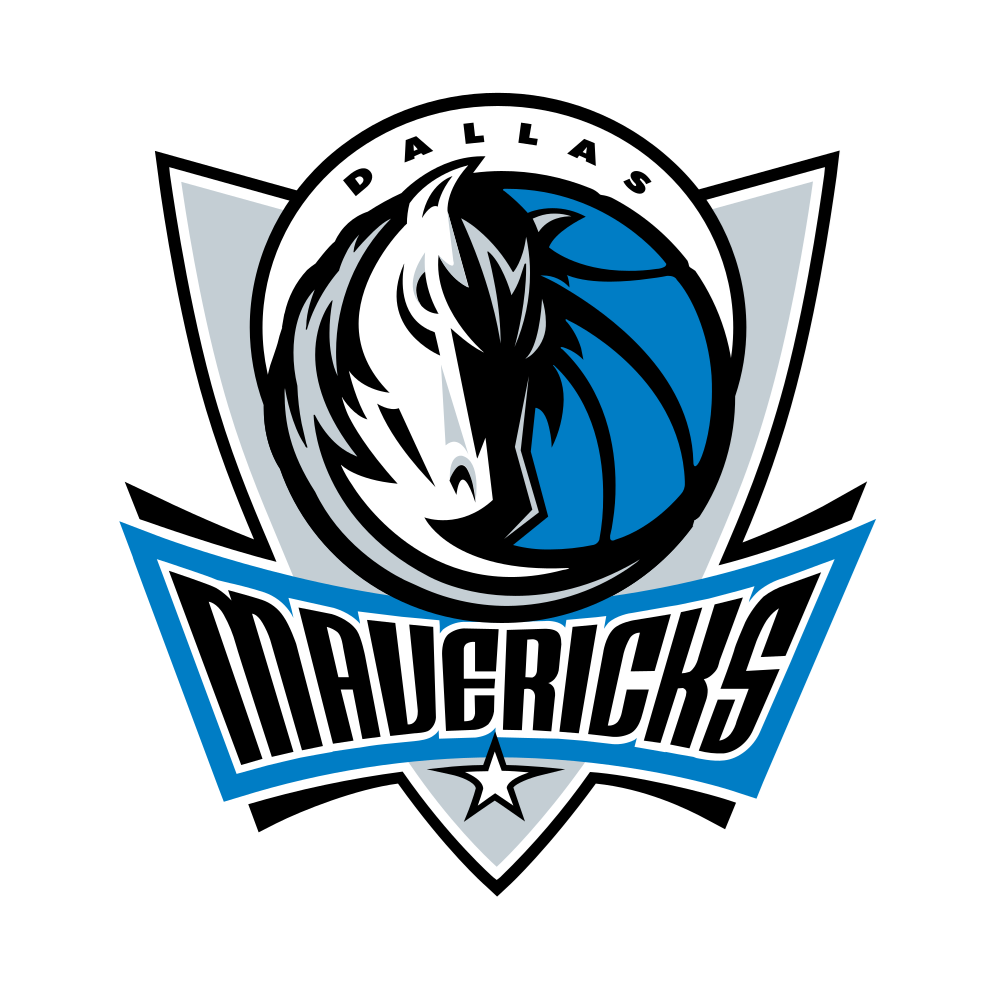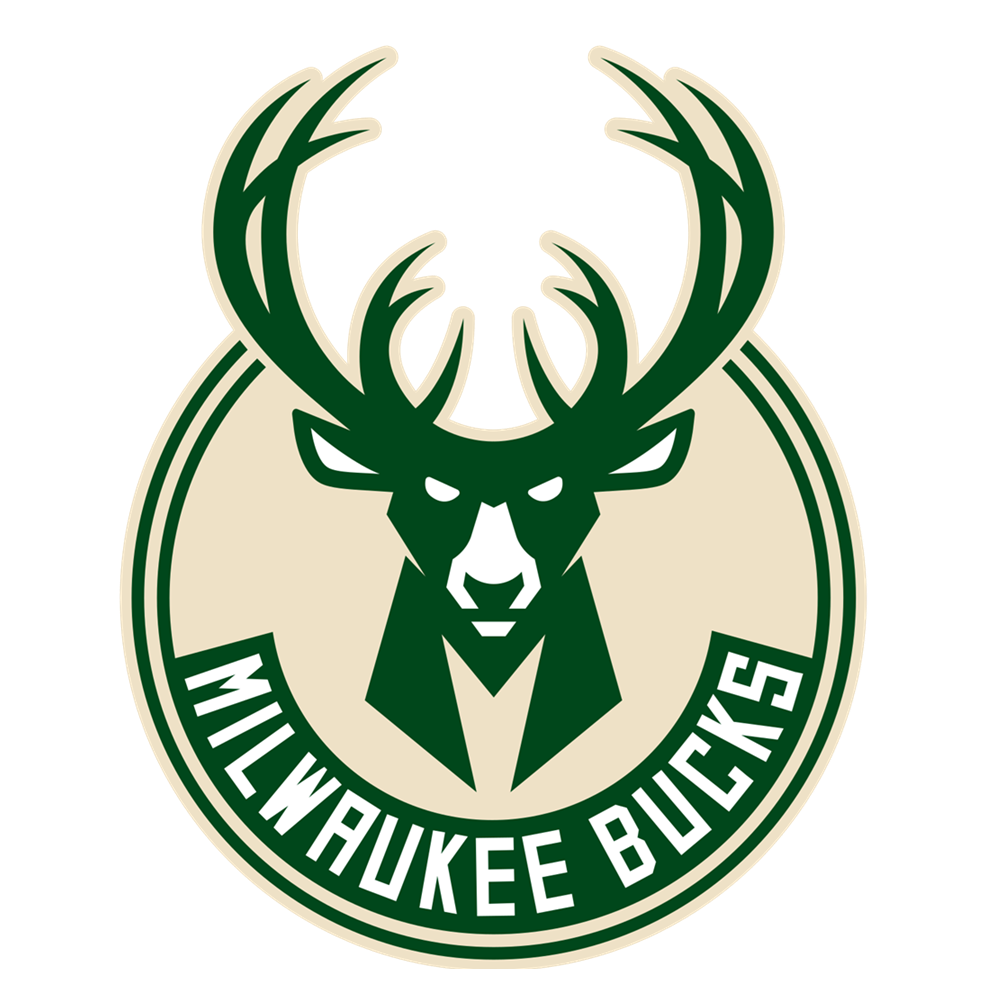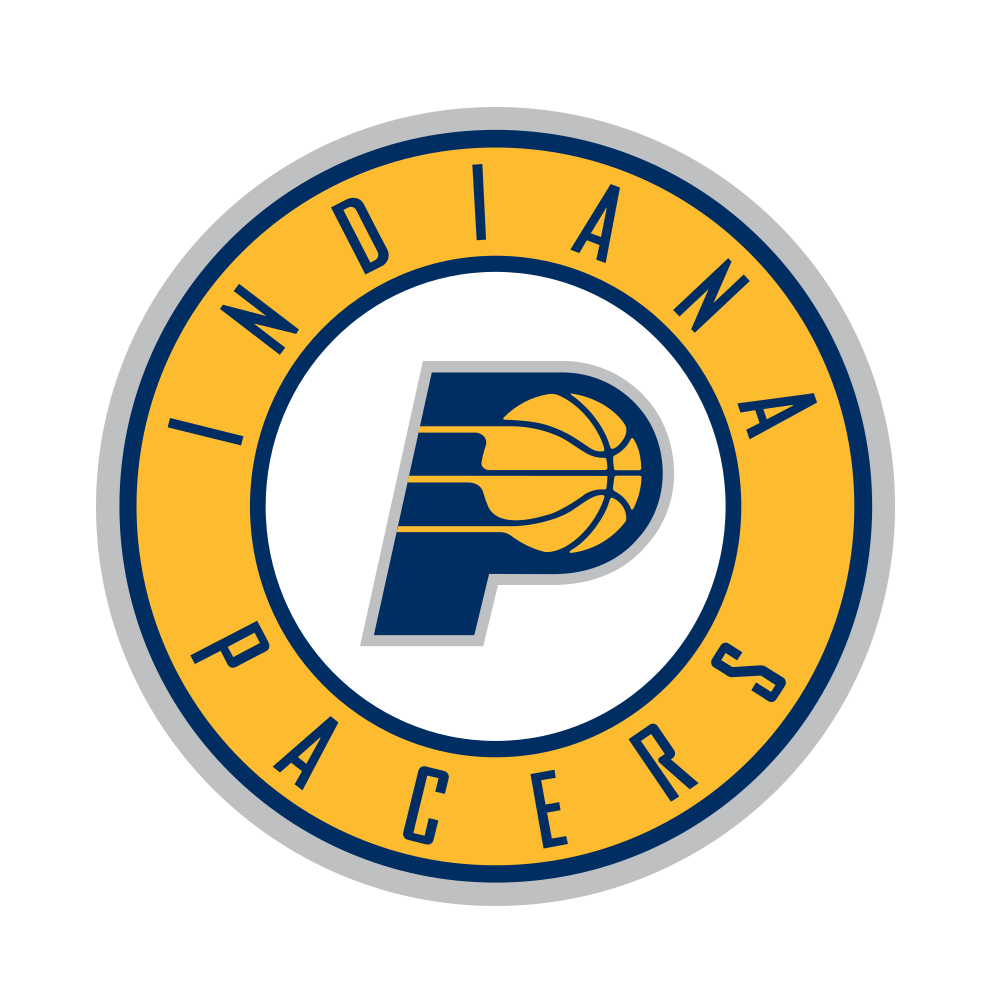Tristan Thompson is the Cleveland Cavaliers' third most expensive player. From maximum to minimum, the list reads LeBron James, Kevin Love, Tristan Thompson....and then everyone else.
This is the case because of the five year, $82 million contract Thompson re-signed to just before the start of the 2015/16 season. At the time, Thompson was paid on account of the fact that he was one of the better Cavaliers players and one of the few post players on the team. Sharing an agent with LeBron James will have helped, too.
Two of those things are still true. Thompson is still one of the only post players on this Cavaliers team - one of even fewer than before, even; the only other one, rookie Ante Zizic, is not in the rotation and has played only 39 NBA minutes all season. And he is still represented by Rich Paul, LeBron's representative.
What isn't as true any more is Thompson's stature within the team.
Thompson got his $82 million not just as a reward for past performance but in anticipation of future developments. He was 24-years-old at the time he received the contract, and more was needed of him. It has not however much been forthcoming.
A limited offensive creator and finisher who was given the opportunities to develop these areas of his game over his first four seasons, but who never had the poise or the touch in the paint to become such a threat, Thompson has not developed significantly offensively in his NBA career beyond changing his hand with which to shoot free throws, and even that has not really worked. Despite a brief uptick to 69.3% shooting in the 2013/14 season, Thompson shot only 49.8% from the line, and is only at 56.0% this season, just as bad as he was before the switch.
What Thompson was, and still can be, is an elite offensive rebounder and a decent defensive rebounder, as well as a versatile defensive presence who can step out to defend switches and contest around the basket, both to decent if not excellent effect. Thompson at his peak is a good little-things player; a screen setter, rebounder, finisher and helpful presence who makes few errors and sneaks up on teams if they leave him alone with his size, decent enough hands and touch, and his similarly decent mobility.
That mobility, however, has not been there thus far this season. Missing 20 games due to a calf strain, Thompson looked sluggish when he returned, recording only 26 points over his first seven games back along with only 21 rebounds, and failed to record a single block or a steal.
However, in the Cavaliers's last game versus the Utah Jazz, Thompson seemed rejuvenated. He posted 11 points, 5 rebounds and 2 blocks in 20 minutes, and looked good doing it.
The Thompson that showed up in this game was the Thompson of old. He looked healthy, agile and committed, rolling to the rim, catching and finishing. Thompson bounced around on both ends, contesting at the rim and yelling after good plays (which always helps the optics, if not to be automatically confused as evidence of playing with energy or commitment).
This was good Thompson, and it's been a while coming. Thompson started the season slow, took some time out due to injury, and yet came back slower. The Cavaliers were on a remarkable tear without Thompson, and while there were myriad factors behind that streak - including having the NBA's easiest schedule to date - the injury to Thompson, as well as the ones to Derrick Rose and Isaiah Thomas at point guard, required that the Cavaliers fully transition to a roster make-up that they were headed towards anyway. It has worked. And because it has worked, Thompson's role is ill-defined going forward.
Thompson lost his spot at centre due to the very same roster reshaping that has seen Kevin Love move to centre and perform remarkably well at it. Ultimately, the need to move LeBron to power forward was the main contributing factor, and Love is indisputably better than Thompson. In a sense, though, he has also somewhat lost his spot to Jeff Green, a distinctly different and flawed player who has however found a niche. Green isn't doing the same things Thompson does. He just did more good things overall.
The calf injury that has kept him out is very much the exception for Thompson, who prior to this year was noted for his hardiness. He played four consecutive 82 game regular seasons between 2012 and 2016, missed six games in his rookie season in two short stints, and missed only four games this April with a minor thumb injury. Prior to that, he had played 447 games in a row.
The decline to key aspects of his game, however, has been worrying, particularly so if injuries cannot be cited as a reason for it. The offensive rebounding touted above as being the key to his own personal performance and a vital means of diversifying Cleveland's offence, is far below where it normally is. Thompson's career mark is 13.3%, and only once has he been below that (an anomalous 11.4% in his third season), yet this year he ranks at only 9.8%. What is supposed to be his greatest strength is now distinctly average. Lapsing too is his interior defence.
With each passing year, Thompson's role has shrunk further. His usage rate (essentially a measure of how many plays he is actually involved in) has gone down every year of his career, from 19.2% as a rookie to a mere 10.4% this season. Thompson, however, needs to be involved in the offence. Partly because his team needs him to, and partly because he needs to be for his own job security. He is not good enough defensively to get away with it.
Still, this may all be in the past. The Thompson we saw against Utah was a different Thompson, the old Thompson, the one who beat out a then-still-good Timofey Mozgov for a spot and that was a key contributor on a championship-winning team. The NBA has evolved away from post play, but this doesn't mean it has abandoned it. Rather, it just means less of it, and there is still plenty of room for the skilled and mobile centre without any perimeter skills other than screening. Thompson could be that player.
With LeBron James at the point guard position surrounded by shooters, Cleveland found a combination that simply outscored opponents to get by. They took their defensive deficiencies and just sort of accepted them, working to get the points back on the other end. After all, this is a team being built to beat the Golden State Warriors specifically, with the implication that all other teams will be automatically beaten if just that one main rival can be.
The Cavalier's plan to simply outscore everyone has its limits, though. To be a poor rebounding team, unable to deter shots around the rim yet also unable to prevent so many uncontested looks per game from the perimeter, are not things that can be overlooked. It's not what the way the Warriors play, either - by far and away the league leaders in blocked shots, while also sporting by some distance the league's best field goal defence, the Warriors play extremely well on ends even without a true centre in the rotation beyond Zaza Pachulia. There is more to copying the Warriors than just casting up shots.
Thompson, then, has a key role to play here. As it stands, barring some late-season emergence of Zizic, he is the sole piece on the roster who in theory can shore up these weaknesses. Thompson is not a great shot deterrent in the paint, but he at least wants to try, and that by default gives him value here.
Thompson also has an offensive role to play. Playing spread pick-and-roll with at least three shooters around the perimeter - often four - and LeBron James either attacking downhill or throwing pinpoint skip passes works for a good many possessions. And with Kevin Love playin very good basketball through a mixture of perimeter spot-ups and paint touches, the void left by Thompson was papered over. But Love doesn't pick and roll especially well. Thompson can. And if Thompson is getting in the paint, Love can still be a threat outside of it.
Moreover, Cleveland needs Thompson to be that player.As a tandem, they may be vulnerable to new age perimeter-orientated big men, but they are also a fearsome offensive rebounding duo who can get back a lot of what they give up. Only Thompson offers this threat. Jeff Green doesn't. Channing Frye doesn't. It is purely Thompson,
If the injury is behind him now, then perhaps the Thompson we saw versus Utah will be the Thompson we see going forward. He could the x-factor, the surprise mid-season reinforcement that helps an already good team made one more final leap. It is not what Thompson was initially paid for. But it will do.
